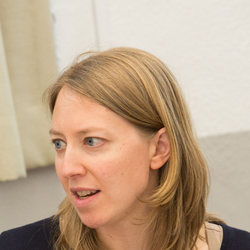About Brooke Holmes
New York, New York
Brooke Holmes (CBA ’23) is a historian, theorist, and writer who teaches at Princeton University. She is the author of The Symptom and the Subject: The Emergence of the Physical Body in Ancient Greece (2010), Gender: Antiquity and its Legacy (2012), and she is currently completing The Tissue of the World: Sympathy, Life, and Nature in the Ancient Mediterranean.
The Tissue of the World: Sympathy, Life, and Nature in the Ancient Mediterranean:
During her fellowship year, Brooke Holmes brought together different aspects of the transdisciplinary practice she had been developing over the past decade around the concept of the physical body—that is, a body with a nature (physis). This body, understood as an object of elite knowledge and a marker of hierarchical difference along lines of race, gender, sexuality, and species, is embedded in a matrix of discourses of nature that are canonized as Greek in the late centuries bce and early centuries ce and remain stubbornly implicated in contemporary culture. Over the year, Holmes was completing final revisions to her book manuscript, The Tissue of the World: Sympathy, Life, and Nature in the Ancient Mediterranean, while continuing her current collaborative research with curators and artists as preparation for a new Athens-based group exhibition focused on the figure of “current(s)” in the Mediterranean and different modalities of body-work, zeroing in on exhibition-making as generative of new communities of knowledge and praxis. By paying particular attention to the temporal ambiguities generated by cross-pollinating practices of performance and sculpture, she aimed to deepen her theorization of how we narrate the history of the physical body. This work informed a third project, a collection of essays written over the past ten years that conceptualize the historiography of the body across the ancient/modern divide through the history of science and medicine, queer unhistoricism, and classical reception studies, and critically engaged the biopolitical contours of modern self-constructions shaped by an appeal to the Greco-Roman past.


